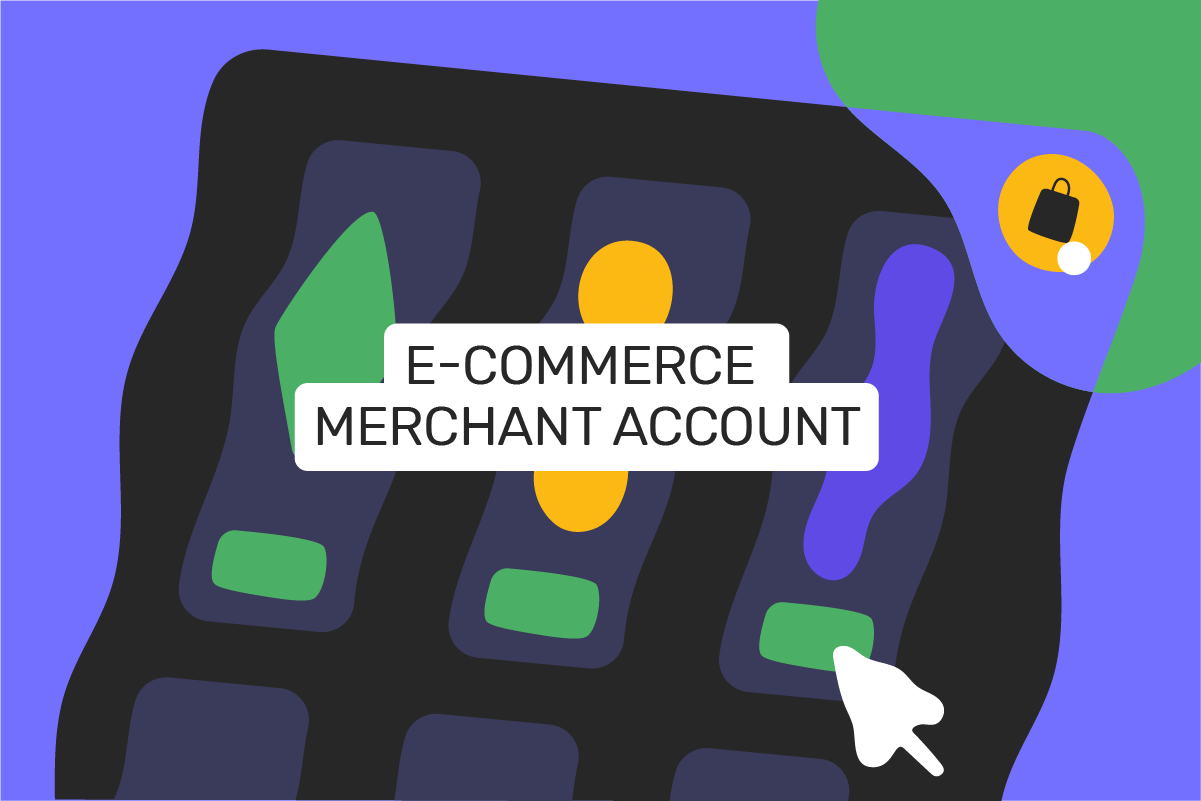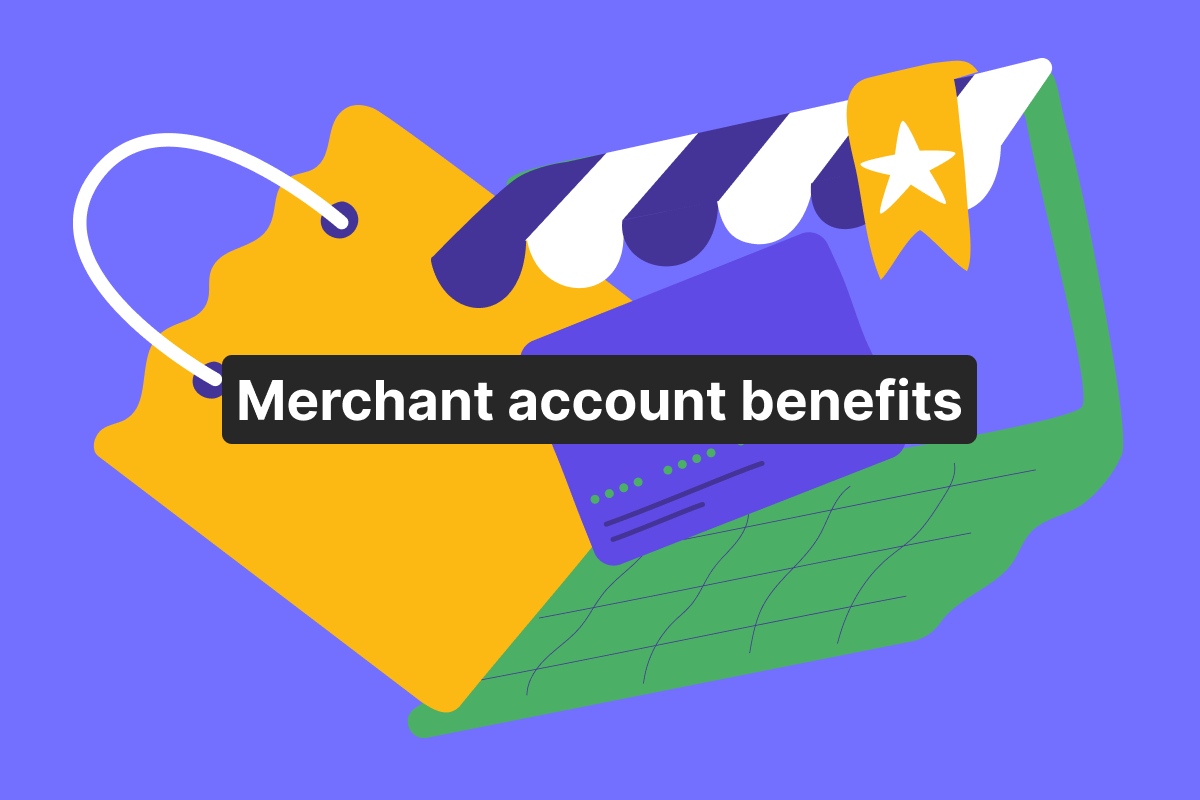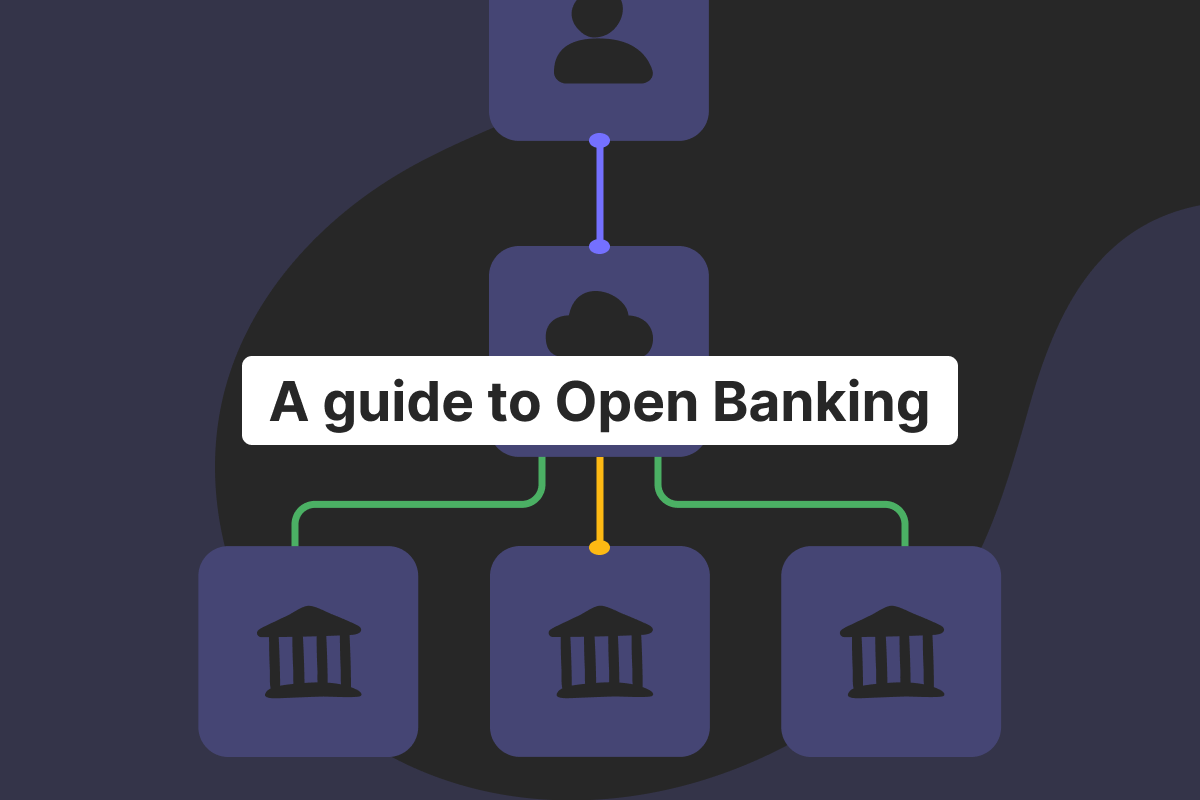It is one of those questions you would browse for on internet forums to look for answers from small businesses and start-up newcomers. Technically, you could operate without a dedicated merchant account, but you risk account freezing for various reasons. Business accounts are made for business-related transactions like taxation, and are not specialized in customer payments, especially for high transaction volumes.
A merchant account acts as an intermediary, deposits funds from card payments and other e-payments before transferring them to your regular business account.
Let’s break down what a merchant account is, how it differs from a payment gateway, its benefits, and why choosing the right provider can make a huge difference for an ecommerce business.
What is an ecommerce merchant account?
To keep it brief, this is a type of bank account specifically designed for companies that wish to accept online payments from their customers. The debit card or credit card payments, eWallet, and other electronic payments received are stored here for a certain period of time.
The money remains there for a settlement period and then is transferred to the company’s current business bank account. After the process is complete, the company can use, transfer, pay taxes, and withdraw money.
An ecommerce merchant account serves the same purpose but has more useful features for ecommerce enterprises. Usually, it would be called a dedicated merchant account, technically the same thing, but more catered towards a specific industry in terms of payment processing fees or transaction fees. That’s why you should treat a merchant account more as a merchant service.
If summarized, an ecommerce merchant account acts as the bridge between customer payments, the payment gateway, and the business bank account.
Open an account
in Genome online
Why ecommerce businesses need merchant accounts
If you run an online business, having a merchant account is more than just convenient – it’s essential. Many people overlook its importance, especially small businesses, until they face sudden payment freezes, chargeback disputes, or unexplained delays from third-party payment service providers.
A merchant account reduces the likelihood of fund freezes
One of the most underrated benefits of having an ecommerce merchant account is the protection it provides against unexpected asset freezes.
On platforms like Reddit and in merchant community forums, countless small and ecommerce businesses have shared stories about their funds being frozen by aggregated payment services/digital wallets (like PayPal, Stripe, Google Pay, and Apple Pay) – often without warning.
These services operate under a shared merchant account model, which means your transactions are bundled with thousands of others.
If one user on that platform triggers a compliance alert or chargeback spike, everyone can face consequences, including frozen funds, restricted access, or even a suspended account.
A merchant account, on the other hand, is opened under your own business’s name. You’re the legal merchant of record, not just a sub-user.
Accept card payments seamlessly without hidden cost
To accept payments from customers through your ecommerce website, you need a system – an internet merchant account that can handle credit and debit card payments, mobile payments, digital wallets, or alternative payment methods. A merchant account allows exactly that.
Without it, your payment options are limited and would rely entirely on third-party payment processors that may not integrate well with your online store.
Besides, with your own ecommerce merchant account, you can accept payments (credit card payments and debit card transactions) globally.
Every ecommerce merchant account provider has a unique pricing structure. Before signing up, take time to understand all fees involved – not just the headline of how the payment service provider has low fees for the transactions.
Ask about:
The setup fees and monthly fees;
Payment processing fees for credit card and debit card transactions;
Chargeback fees and cross-border transaction costs;
Any early termination fees;
Although payment providers have different payment processing fee policies, transaction fees are likely your primary concern.
Look for transparent fee structures that fit your sales volume and transaction volume. Some providers also offer lower rates for high-volume ecommerce online businesses, which can significantly reduce long-term costs; others can hide some added costs.
Full transparency should be a priority when comparing ecommerce merchant account services.
Multi-currency support
That could be a huge selling point for globally oriented electronic commerce businesses. Your ecommerce merchant account provider should allow you to accept payments in different currencies, automatically handle currency conversions, and deposit sufficient funds in your preferred business account.
This feature not only simplifies international transactions but also improves the shopping experience for global customers.
Look for an internet merchant service that can simultaneously accept credit card, debit card, or other online transactions, but the most important part is the allowed transaction volume by the merchant service.
Fraud detection tools and chargeback protection
Security is non-negotiable for any decent merchant service. Advanced fraud detection tools and chargeback protection systems help protect your online store from fraudulent activities and financial loss.
When choosing a merchant service provider, ensure they offer:
Real-time fraud monitoring and transaction scoring;
Built-in chargeback alerts and resolution tools;
Payment verification systems to prevent stolen card use;
Integration with your payment gateway for secure online transactions.
These tools are particularly critical for high-risk businesses, which face more frequent fraudulent transactions but also suffer from higher fees.
Customer support and account management
Even the most advanced payment processing solutions can encounter technical issues or verification delays. That’s why responsive and knowledgeable customer support is needed.
Your potential ecommerce merchant account provider should offer:
24/7 assistance via multiple channels (email, chat, or phone);
A dedicated account manager for business clients;
Clear communication during compliance or risk reviews.
Case in point, the merchant service should provide good customer service.
How to choose the right ecommerce merchant account provider
Not all ecommerce merchant account providers are created equal. In fact, the ideal choice depends on your ecommerce business model, customer base, and expected transaction volume. Different fees in different payment service providers’ pricing also contribute here.
Many ecommerce businesses cater to more than one country or region. Thus, they should be ready to receive money not only in various currencies but via a plethora of payment options.
Multiple payment options
Accepting cards is a must, but don’t underestimate the popularity of mobile wallets. According to the Global payments report 2021, the share of eWallets and mobile wallets among the total e-commerce transaction volume in 2020 amounted to 44,5% worldwide. Credit and debit cards are the second (22,8%) and third (12,8) most used options. Find out all the necessary information about digital wallets, their different types, and how they work.
Currently, Genome allows clients across Europe to pay via direct SEPA Instant Transfers, with a card processing option coming soon. Additionally, we offer multi-currency business accounts, allowing you to store and exchange funds in EUR, USD, GBP, PLN, CHF, JPY, CAD, CZK, HUF, SEK, AUD, and DKK. Meaning, after the earned money is settled, you can convert it to one of these currencies, up to your choosing.
Open an account
in Genome online
Integrations with ecommerce platforms
Some online stores prefer using ecommerce platforms and marketplaces to sell goods. But they are still seeking a merchant account with a secure and fast payment service provider that also offers money transfers, corporate virtual cards, and even physical card issuing.
Some PSPs develop APIs and instruments for successful integration with the marketplace.
Fraud and chargeback protection
Unfortunately, online shops are more prone to fraud and chargebacks than retailers, as ultimately, you can’t see the customer on the other side of the screen.
Ecommerce merchant accounts provide the necessary features to prevent these. The financial institution you choose must be PCI DSS and PSD2 compliant, and have 3D Secure in place for the merchant website.
Merchant account vs. payment gateway
Many new ecommerce owners confuse merchant accounts with payment gateways, but they serve distinct roles in the payment processing ecosystem.
A payment gateway is the technology that securely transmits customer payment information to the payment processor for authorization. It’s essentially the digital equivalent of a physical card reader.
A merchant account, on the other hand, is where your funds temporarily reside after each successful transaction before being transferred to your main business bank account.
You can think of it this way:
Payment gateway = the secure messenger that carries customer payment data.
Merchant account = the pocket that holds funds during processing.
Both are crucial for online businesses. Some providers combine them into one solution, while others offer them separately.
Why Genome is ideal for ecommerce merchant accounts
If you’re looking for a reliable, fully digital solution, Genome offers one of the best merchant account services for online businesses of any size.
What do we have for you:
Dedicated merchant accounts
Genome provides dedicated merchant accounts tailored for ecommerce digital payments, ensuring you have full control over payment processing, easy access to your services online, and faster access to your funds.
Open banking payments
Accept transfers from clients via SEPA Instant and Credit Transfers across Europe. Soon, Genome will enable our clients to accept card payments as well, expanding their payment methods.
Easy integration
Genome simplifies the initial setup for your online store and ensures seamless payment processing. You get access to multiple merchant services, including hosted payment pages, allowing you to expand your business.
Works for high-risk and small businesses
Whether you run a startup or a high-risk business, Genome can help. With Genome, you get the full package of merchant services. We have extensive experience working with iGaming businesses as well, providing them with online services like batch transfers and instant C2B payment notifications.
Open an account
in Genome online
FAQ
What is a merchant account for ecommerce?
An ecommerce merchant account is a type of business bank account that enables online businesses to accept credit and debit card payments and other digital payments. It temporarily holds funds from customer transactions before transferring them to your main bank account.
Do I need a merchant account to sell online?
Yes – if you want to accept online payments securely and efficiently, you’ll need a merchant account or one of the all-in-one payment service providers that include it. Without it, your online store won’t be able to process credit card or debit card transactions directly.
Do you need a merchant account for ecommerce?
Absolutely. An ecommerce merchant account ensures your store can process electronic payments, manage transaction volume, and protect your customers’ bank details. It’s the backbone of any ecommerce payment setup.
How do I set up an online merchant account?
To set up an online merchant account, you’ll need to:
Choose a trusted merchant account provider (like Genome).
Provide business details, including your business account information and sales volume estimates.
Integrate the account with your payment gateway and ecommerce website.
Start processing customer payments and monitor transaction fees and performance through your dashboard.
Once approved, you’ll be ready to accept any online payments and grow your ecommerce business with a reliable and secure merchant service.






